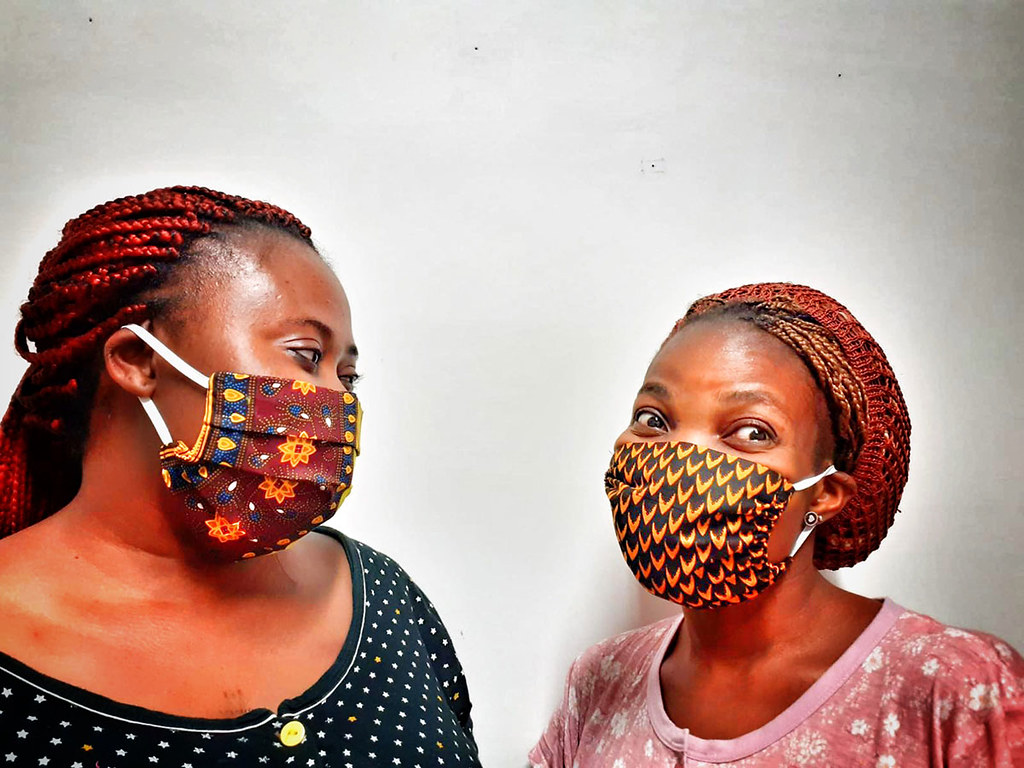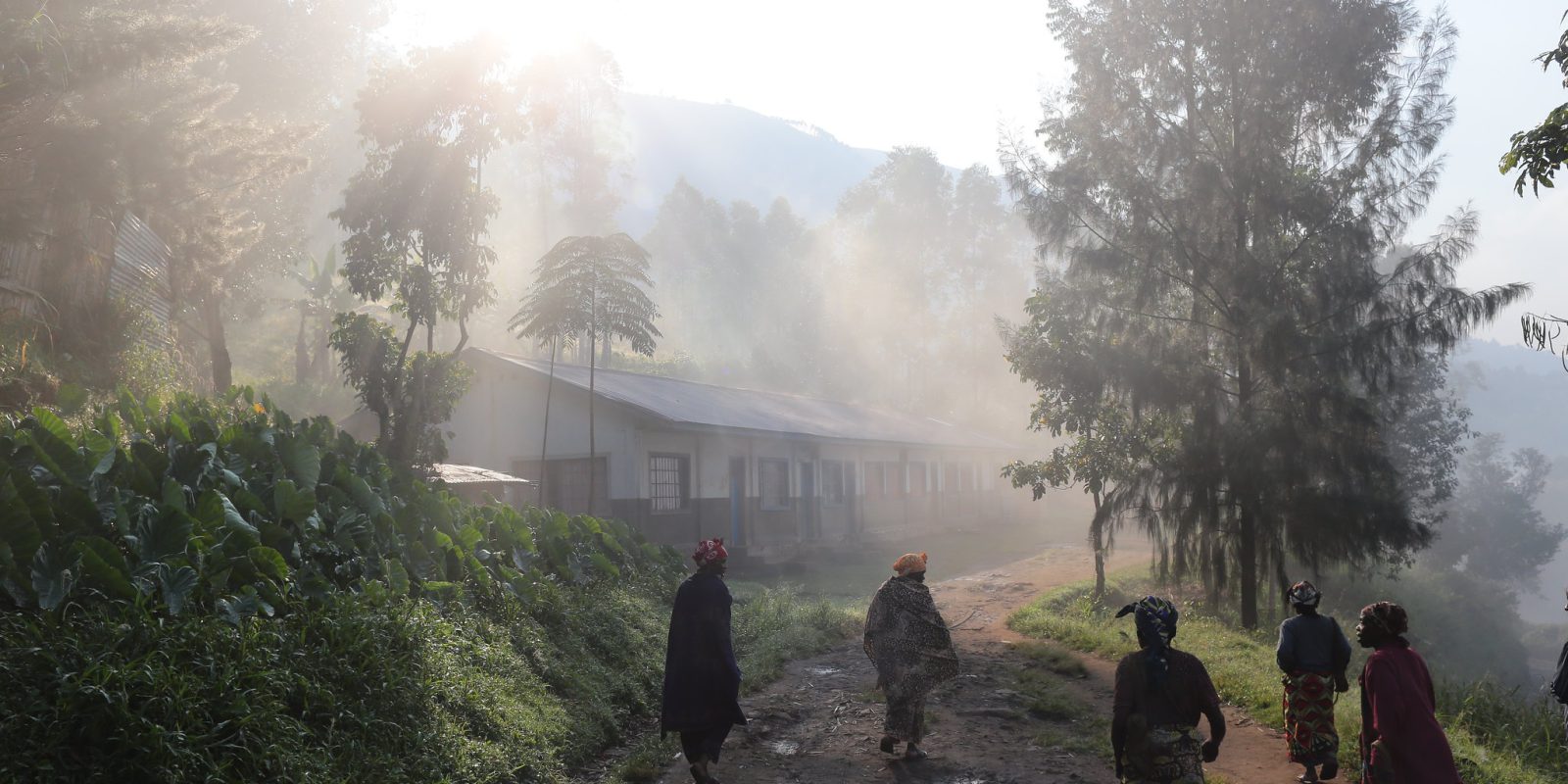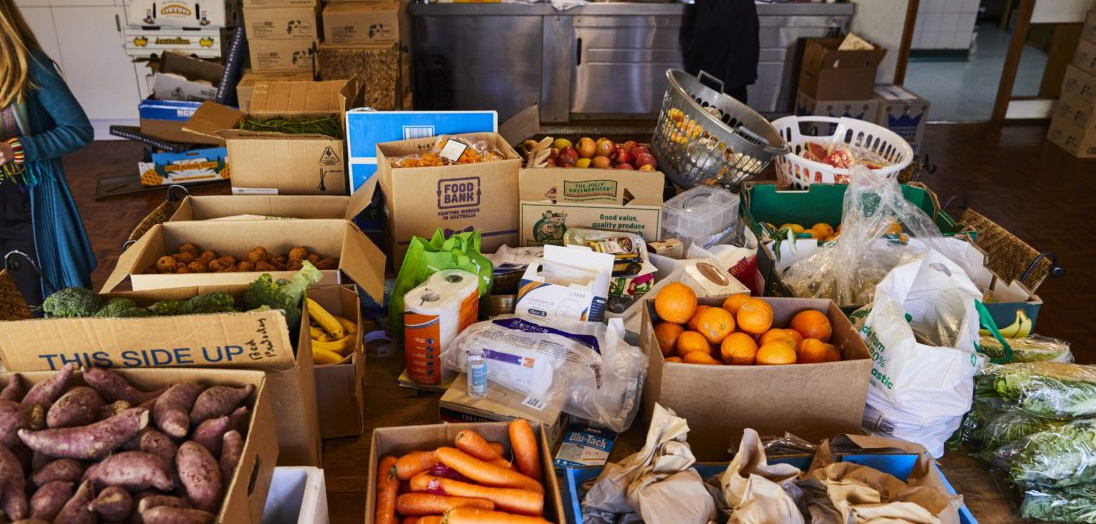A summary of current protection challenges for people from Afghanistan
30 November 2021|Muzafar Ali

Muzafar Ali recently gave evidence at the Senate Standing Committee on Foreign Affairs, Defence and Trade inquiry into Australia’s Engagement in Afghanistan alongside the Refugee Council of Australia (RCOA). Muzafar, a former refugee, UN staff member, co-founder of Cisarua Refugee Learning Centre (CRLC), and JRS Australia board member, remains in contact with friends, family members, and professional acquaintances from across the country, and is well apprised of the situation on the ground.
Here, Muzafar provides his perspective on the key protection challenges facing people in Afghanistan, in host countries such as Indonesia, and on what Australia’s current response should look like.
In Afghanistan
A significant number of former Afghan government employees, aid workers, contractors and employees of international forces, human rights activists, artists, journalists, minorities (religious, ethnic and gender), and contractors are still stuck in Afghanistan.
These individuals are at risk of significant harm and persecution at the hands of the Taliban by virtue of their public roles, their professions, and their identities. They desperately want to escape from Taliban persecution; however, their means of leaving the country are very limited. Evacuation flights have almost dropped to a standstill, and very few people are able to leave the country via Hamid Karzai International Airport in Kabul. Land borders have been closed by neighbouring countries such as Pakistan, Iran, Tajikistan, and Uzbekistan. Currently most of the vulnerable groups have had to change their locations to hide their identity.
Those who are able to access refugee status determination (RSD) processes face other challenges. People in Afghanistan are issued national identity documents called tazkira. These documents follow traditional methods of legitimising identity, and formats of recording identity. For example, signatures and stamps are often “affixed by local elders as endorsement” of the veracity of name, date of birth, and birthplace, and do not include biometrics. These documents do not accord with Australia’s standards and procedures for establishing identity. As a result, applicants for humanitarian visas in Australia may not meet the criteria for establishing identity. Additionally, immigration officers often get confused about how to interpret information on these identity documents, and may make flawed decisions about protection claims as a result.
There are also many people at-risk and in vulnerable situations living in remote parts of Afghanistan with no or limited access to internet. Some have not been informed about evacuation plans, or pathways to international protection, and almost all have limited communication skills in the English language. These barriers make it challenging for these individuals to fill out complex application forms (such as Form 842) in order to lodge valid applications for protection.
In broad terms, the number of people in Afghanistan in need of protection is far greater than the number of visas announced by the USA, the UK, Canada, and Australia. Where there are difficult decisions to be made about who is afforded protection, there must be transparency over selection criteria and prioritisation of claims. Australia and other countries have relied heavily on particular institutions, organisations, and individuals to evacuate or grant humanitarian visas. This process must be urgent, fair, and transparent.
In Indonesia
Refugees from Afghanistan make up more than 50% of refugees in Indonesia. A significant proportion of these refugees are ethnic Hazaras. Many of them have been living in limbo for ten years now. Indonesia is not a signatory to the Refugee Convention or its Optional Protocol, and does not resettle refugees. And refugees in Indonesia also have limited access to formal education or healthcare, and no right to work.
Access to resettlement is a key challenge for all refugees in Indonesia. A key pillar in Australia’s deterrence architecture is to exclude a significant proportion of refugees in Indonesia from pathways to resettlement in Australia. Specifically, refugees who arrived in Indonesia after 30 June 2014 cannot be resettled in Australia.
Moreover, a significant proportion of refugees in Indonesia with relatives in Australia cannot be reunited with family members in Australia. This is because refugees on temporary visas (TPVs or SHEVs) in Australia cannot sponsor family members. Moreover, refugees on permanent visas arriving by boat are accorded lowest priority for family reunion visas.
These Australian Government policies have serious consequences for the livelihoods and wellbeing of refugees from Afghanistan. The steady deterioration of mental health is a particular concern. The lack of access to resettlement, financial hardship, prolonged family separation, the absence of social activities, and the condition of indefinite limbo are some of the key causes of this deterioration. The Taliban’s return to power and the result concerns for family members still in Afghanistan have only exacerbated mental health concerns. At least seven Hazara refugees in Indonesia have committed suicide in the last three years.
For a range of reasons, the UNHCR’s ability and capacity to address these psychosocial and protection challenges is limited. Many refugees themselves complain that they are treated disrespectfully or dismissed when seeking information and psychosocial support, and also have limited contact with officials on the ground. This relative breakdown in trust, and absence of information leaves refugees confused, uninformed and frustrated, and also creates a knowledge vacuum filled by gossip, rumours, and protests.
Australia’s response
- Australia can provide an additional humanitarian intake to people from Afghanistan of at least 20,000 places. Priority should be given to victims of twenty years of conflict, and champions of change, including ADF interpreters and contractors, female government employees, civil and human rights activists, Afghan women, artists, scholars, and journalist, and ethnic minorities.
- Australia should abandon discriminatory policies against refugees in Indonesia, which prevent them from resettlement or family reunion in Australia, and include refugees from Afghanistan in Indonesia in any additional intake.
- Australia should enable fair, feasible, timely, and efficient pathways to permanent protection for refugees from Afghanistan who are on Temporary Protection Visas (TPVs) and Safe Haven Enterprise Visas (SHEVs), or on permanent protection visas, waiting for citizenship applications to be acknowledged or accepted. This will also pave the way for access to family reunion for divided families.
- The Department of Home Affairs (DHA) should establish an ‘Afghanistan Bureau’ with appropriate, additional resources to deal with the unfolding crisis urgently and efficiently, including by:
- Working closely with diaspora organisations and academic/policy experts on Afghanistan to identify and evacuate people in particularly vulnerable situations.
- Working closely with diaspora organisations and academic/policy experts on Afghanistan to resolve identification-related challenges.
- Australia should continue to provide humanitarian aid and shelter to people in vulnerable situations stuck in Afghanistan, including Internally Displaced People (IDPs) and negotiate with neighbouring states such as Pakistan and Iran to keep border crossings open and facilitate safe passage to third countries for people at risk of significant harm and persecution.
Muzafar Ali is a human rights activist, artist and former Hazara refugee from Afghanistan, living in Adelaide and studying at the University of South Australia. Muzafar is a former United Nations staff member in Afghanistan. He is the co-founder of the Cisarua Refugee Learning Centre (CRLC) (now part of Cisarua Learning), the first refugee-led educational institution in Indonesia, and now manages a number of its programs. Muzafar is also a Board Member at JRS Australia.
*The views expressed in this article are those of the author and do not necessarily represent the positions of Jesuit Refugee Service (JRS) Australia



